
Hürriyet Daily News (22 March 2019)
Mehmet Oğuzhan Tulun*
Religion plays an important role in the 1915 Events and the related Turkish-Armenian controversy. In the Armenian genocide narrative, Armenians are frequently portrayed as the downtrodden “first Christian nation”, while Turks are portrayed as the cruel Muslims who sought to annihilate various Christian groups. This is used to gather the attention of Christian groups and forge solidarity around the Armenians. Many Christian groups have supported this narrative without examining the historical data concerning the 1915 Events. Contrary to such convictions, no document exists demonstrating that the Ottoman government intended to annihilate Christian groups.
In this religion-based strategy, the 1915 Events are framed as a Muslim-Christian struggle. However, the domestic turmoil experienced with the Christian minorities in the Ottoman Empire was triggered by political power struggles (such as attempts to attain independence from the Empire) and collusion with occupying forces attacking Ottoman territories. To compensate for this lack of evidence, stories of “Christian annihilation” are generally based on unverifiable family memoirs and Western newspapers’ articles written in a time of intense war propaganda.
The Ottoman Empire’s rivalry against other European states throughout history led to an opposition and sometimes hostility embedded in mindset of European and (through mass migration from Europe) American societies against the Muslim Turk. This negative conception is intensifying with the rise of xenophobic (specifically; Islamophobic) populist parties and politicians in Western countries. Such actors have either achieved considerable electoral victories or have become important components in the politics of many Western countries. Meanwhile, other political actors have begun imitating xenophobic discourses to gather electoral support. In such an environment, making Islamophobic statements has become increasingly acceptable in Western countries.
As one can guess, it is far easier to convince people to believe in the genocide narrative using religious themes when they have an embedded negative conception of the Muslim Turk and when they are regularly being subjected to Islamophobic discourses. It will not be surprising to see works trying to prove that the 1915 Events constituted genocide through religious themes more frequently in the upcoming years.
* Tulun is an analyst at the Ankara-based Center for Eurasian Studies (AVİM).
http://www.hurriyetdailynews.com/islamophobia-and-turkish-armenian-controversy-analysis-142087
AVİM's note: This is the condensed and revised version of an article by the author that was originally published in AVİM's website on 15 March 2019: Mehmet Oğuzhan Tulun, “Rising Islamophobia in the Western World and the Turkish-Armenian Controversy,” Center for Eurasian Studies (AVİM), Analysis No: 2019/4, March 15, 2019, https://avim.org.tr/en/Analiz/RISING-ISLAMOPHOBIA-IN-THE-WESTERN-WORLD-AND-THE-TURKISH-ARMENIAN-CONTROVERSY
© 2009-2025 Avrasya İncelemeleri Merkezi (AVİM) Tüm Hakları Saklıdır
Henüz Yorum Yapılmamış.
-
 GERMANY’S TEST WITH GENOCIDE - HÜRRİYET DAILY NEWS - 17.11.2017
GERMANY’S TEST WITH GENOCIDE - HÜRRİYET DAILY NEWS - 17.11.2017
Mehmet Oğuzhan TULUN 29.12.2017 -
 ISLAMOPHOBIA AND TURKISH-ARMENIAN CONTROVERSY: ANALYSIS - HÜRRİYET DAILY NEWS - 22.03.2019
ISLAMOPHOBIA AND TURKISH-ARMENIAN CONTROVERSY: ANALYSIS - HÜRRİYET DAILY NEWS - 22.03.2019
Mehmet Oğuzhan TULUN 27.03.2019 -
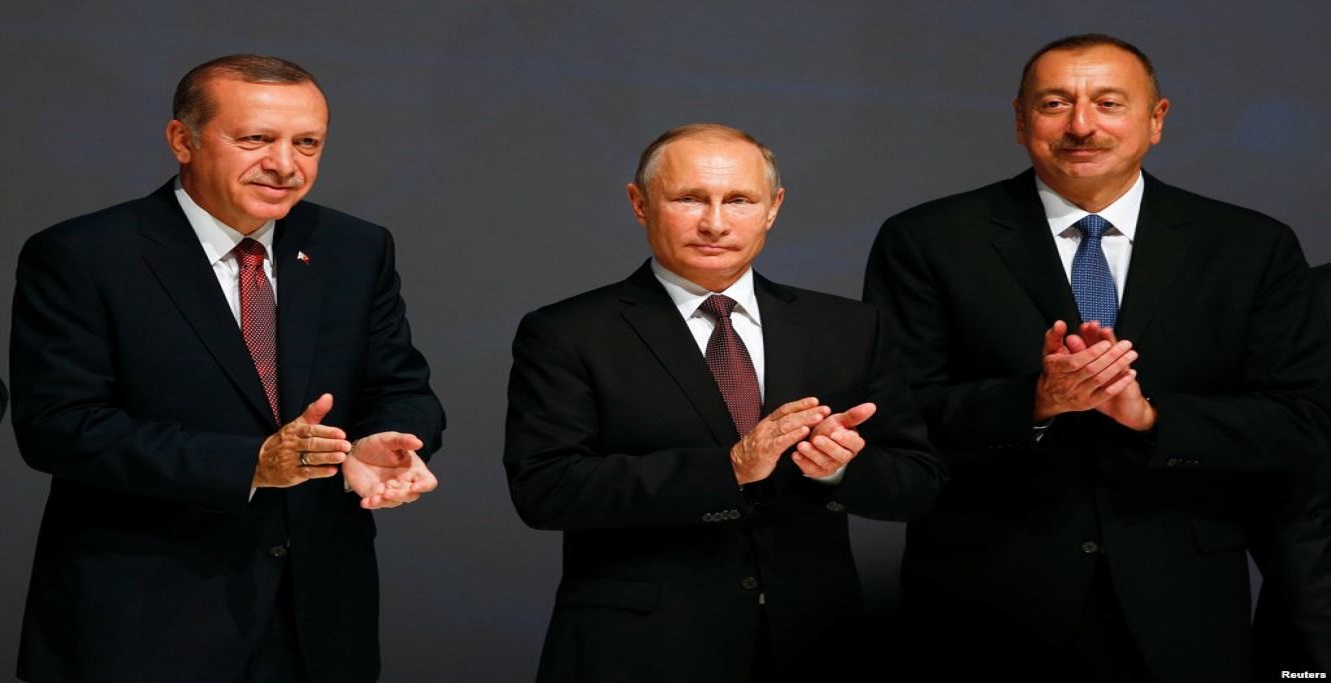 RUSSIAN-TURKISH BREAK WOULD BE ILLOGICAL AND EXTREMELY COUNTERPRODUCTIVE
RUSSIAN-TURKISH BREAK WOULD BE ILLOGICAL AND EXTREMELY COUNTERPRODUCTIVE
Mehmet Oğuzhan TULUN 30.12.2016
-
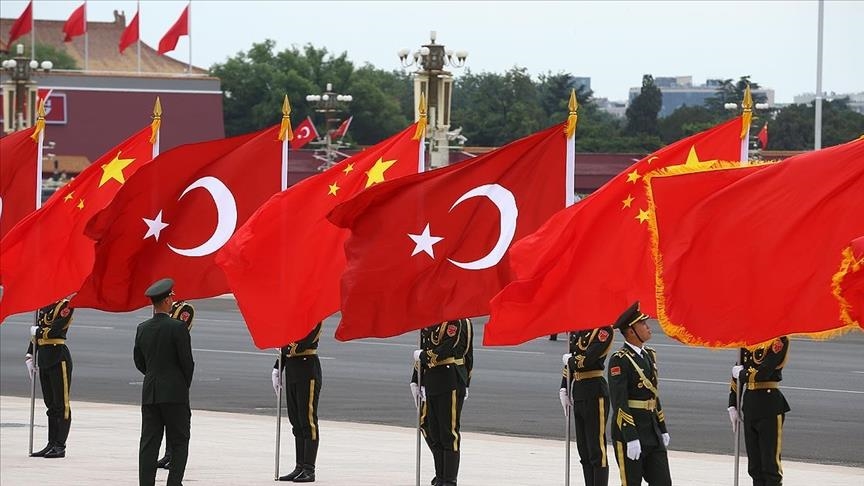 FURTHER ANALYSIS OF SINO-TURKISH RELATIONS - 10.03.2022
FURTHER ANALYSIS OF SINO-TURKISH RELATIONS - 10.03.2022
Deniz ÜNVER 10.03.2022 -
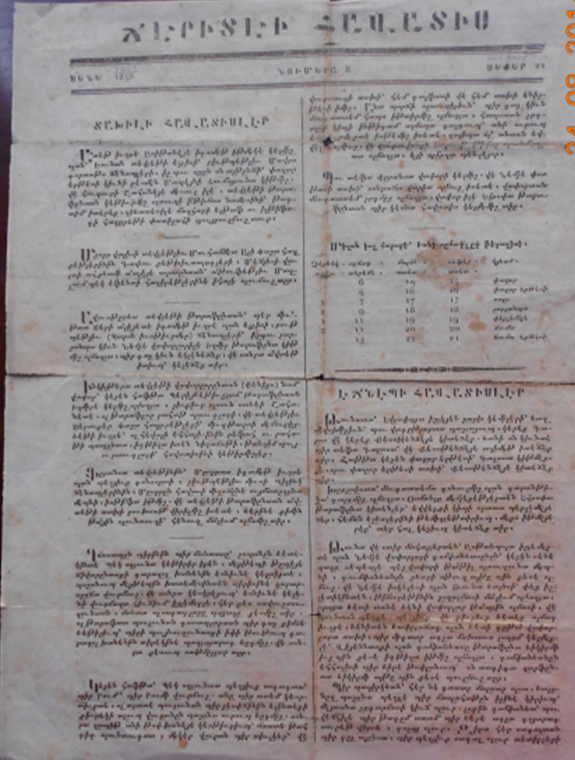 ARMENIAN PRESS AND THE TURKISH TOLERANCE - 27.10.2023
ARMENIAN PRESS AND THE TURKISH TOLERANCE - 27.10.2023
Deniz ÜNVER 27.10.2023 -
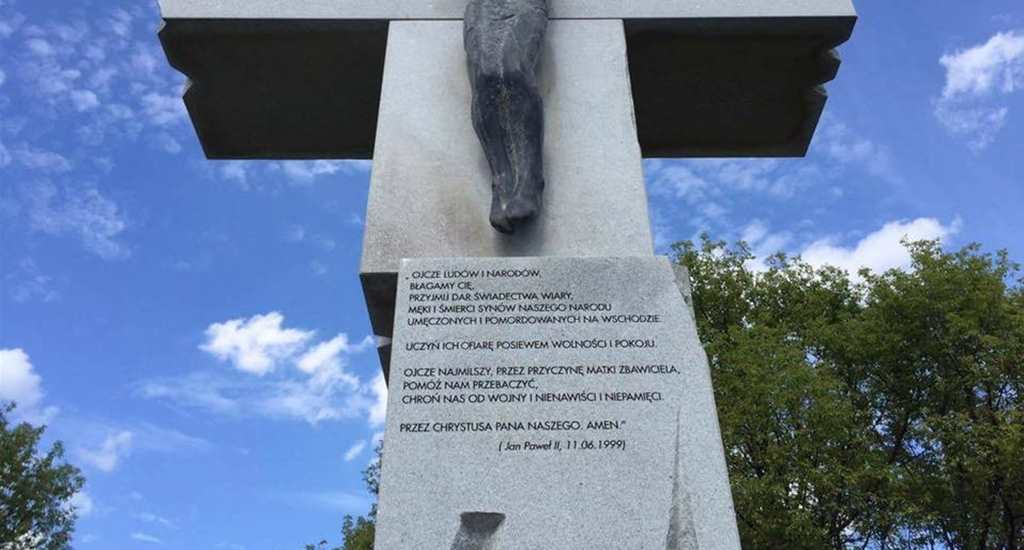 “SOYKIRIMI İNKAR YASASI”NIN YARATTIĞI ÇİFTE KRİZ" - SÖYLEDİK - 15.02.2018
“SOYKIRIMI İNKAR YASASI”NIN YARATTIĞI ÇİFTE KRİZ" - SÖYLEDİK - 15.02.2018
Deniz BERKTAY 16.02.2018 -
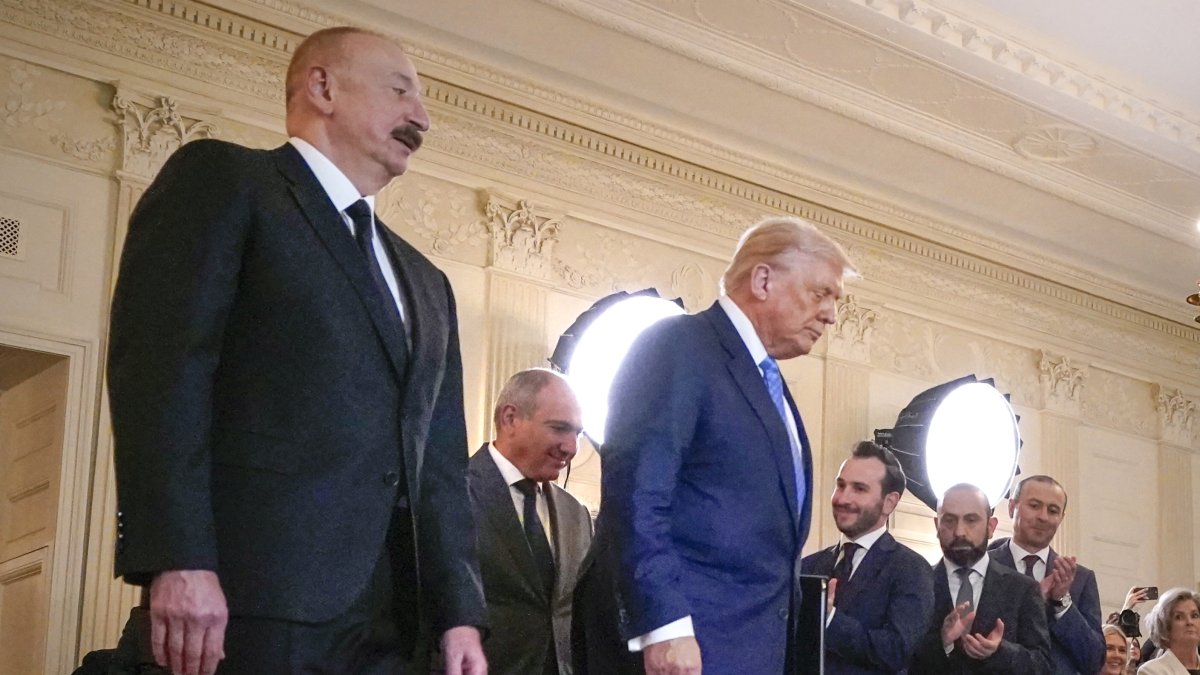 WHAT ZANGEZUR CORRIDOR PROMISES: TRADE, TRANSIT AND TRUST - DAILY SABAH - 19.09.2025
WHAT ZANGEZUR CORRIDOR PROMISES: TRADE, TRANSIT AND TRUST - DAILY SABAH - 19.09.2025
Hazel ÇAĞAN ELBİR 19.09.2025 -
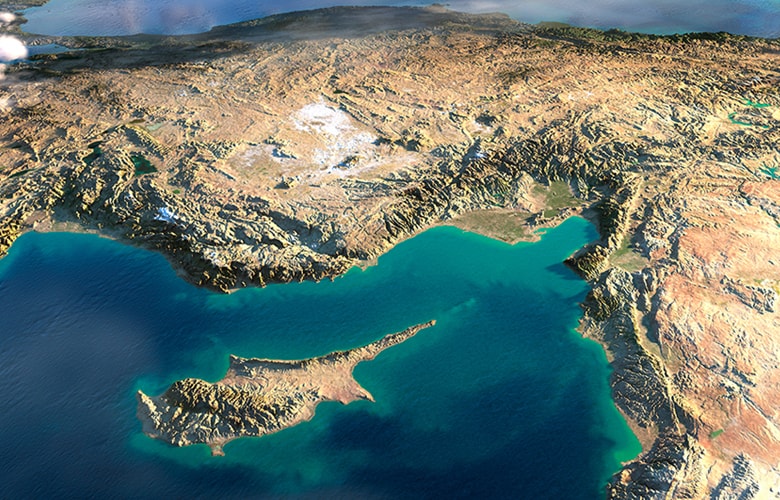 A NEW STRUGGLE ARENA FOR TURKEY:THE EASTERN MEDITERRANEAN AND CYPRUS – THE DIPLOMATIC OBSERVER – JULY 2019
A NEW STRUGGLE ARENA FOR TURKEY:THE EASTERN MEDITERRANEAN AND CYPRUS – THE DIPLOMATIC OBSERVER – JULY 2019
Umur Tugay YÜCEL 19.07.2019


